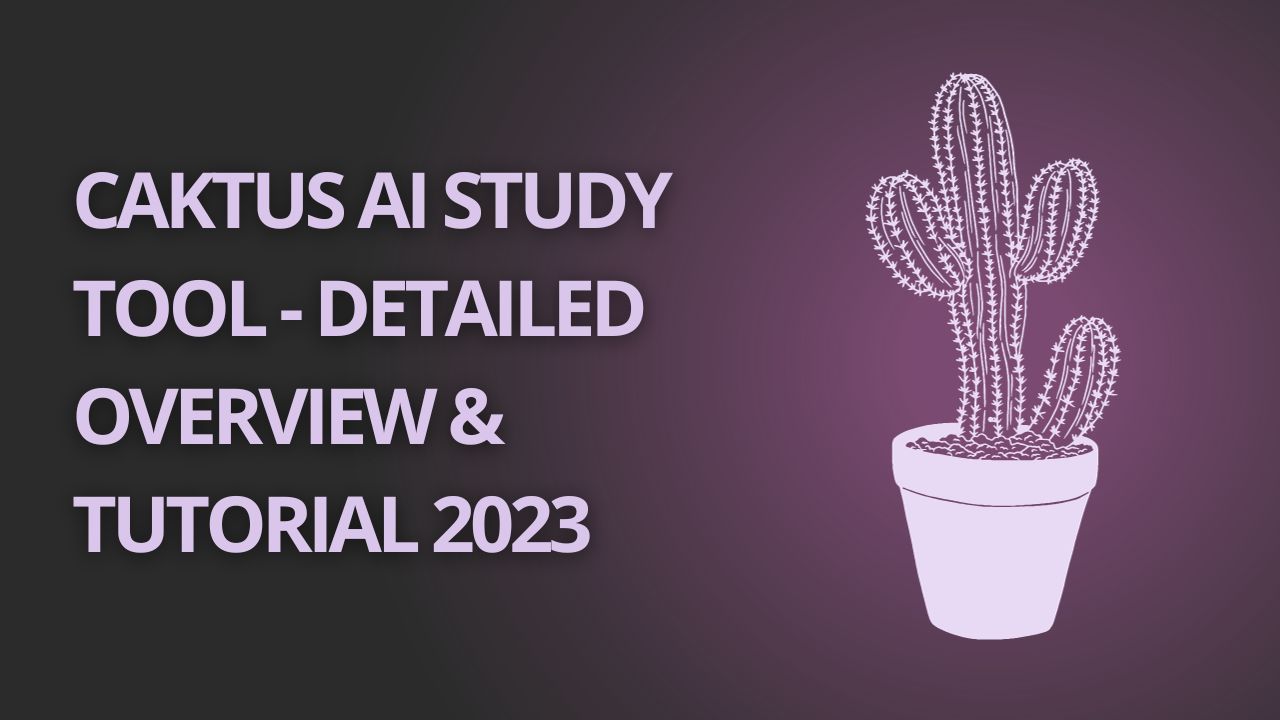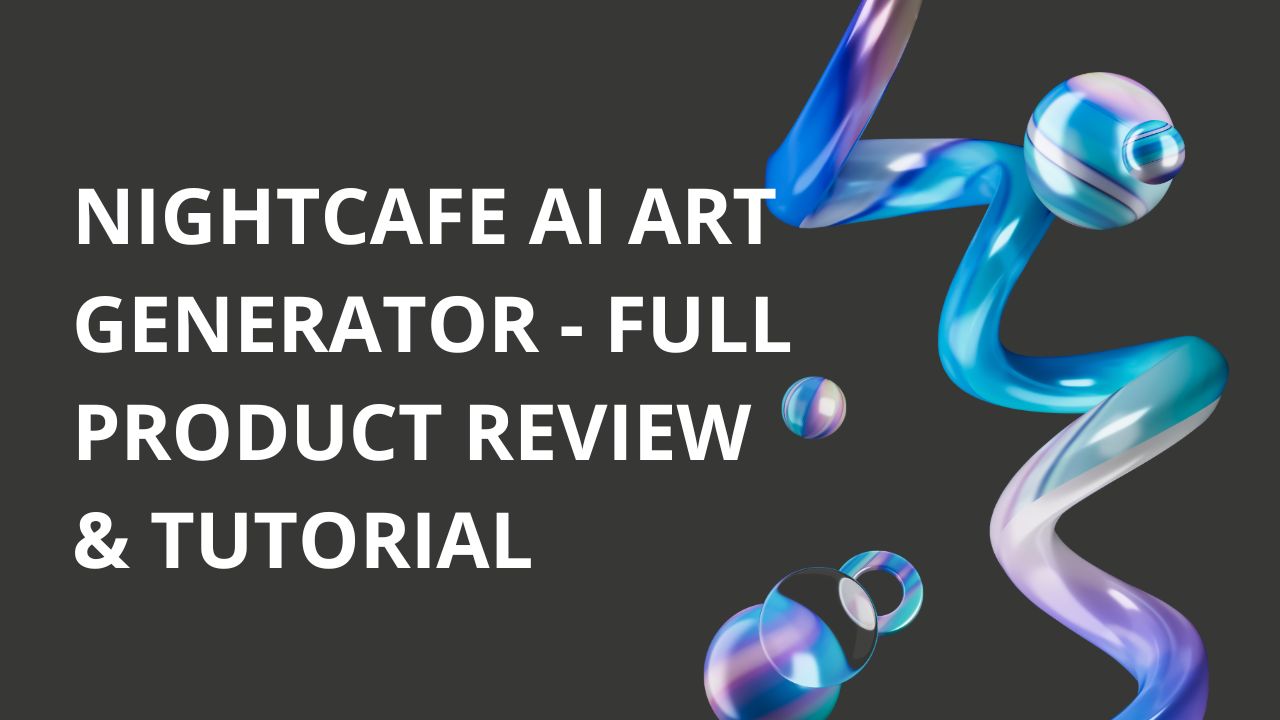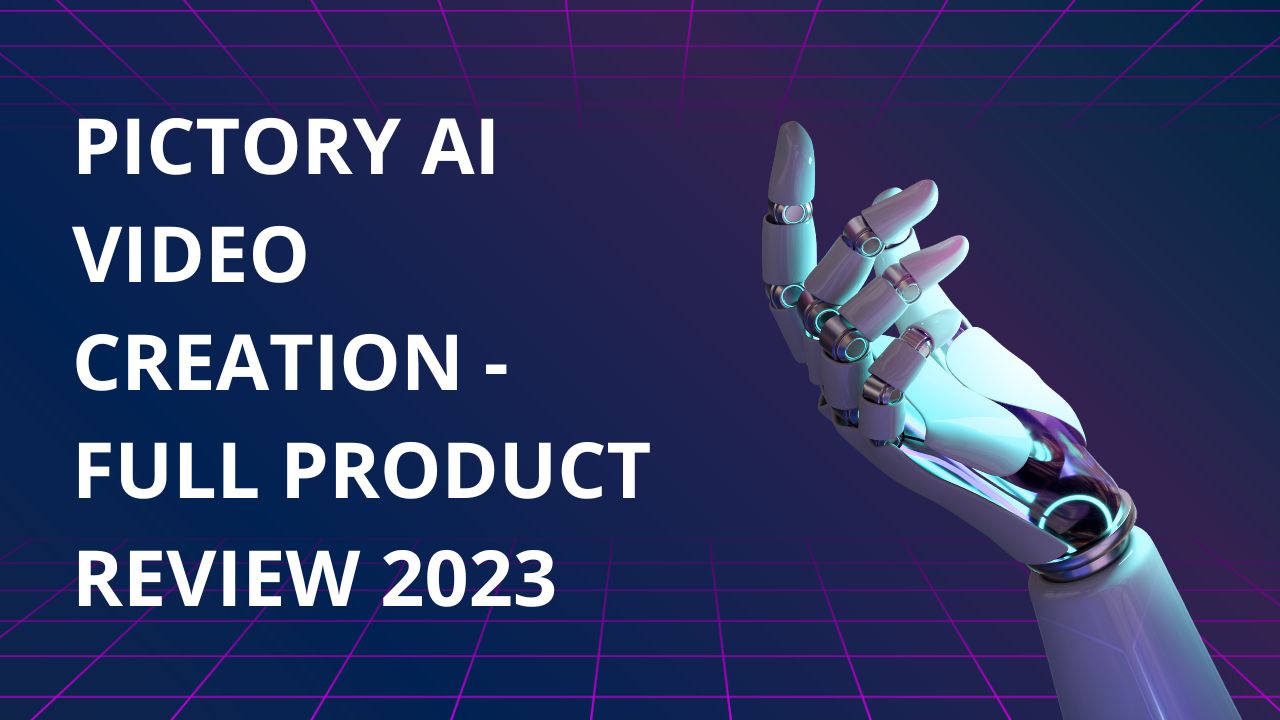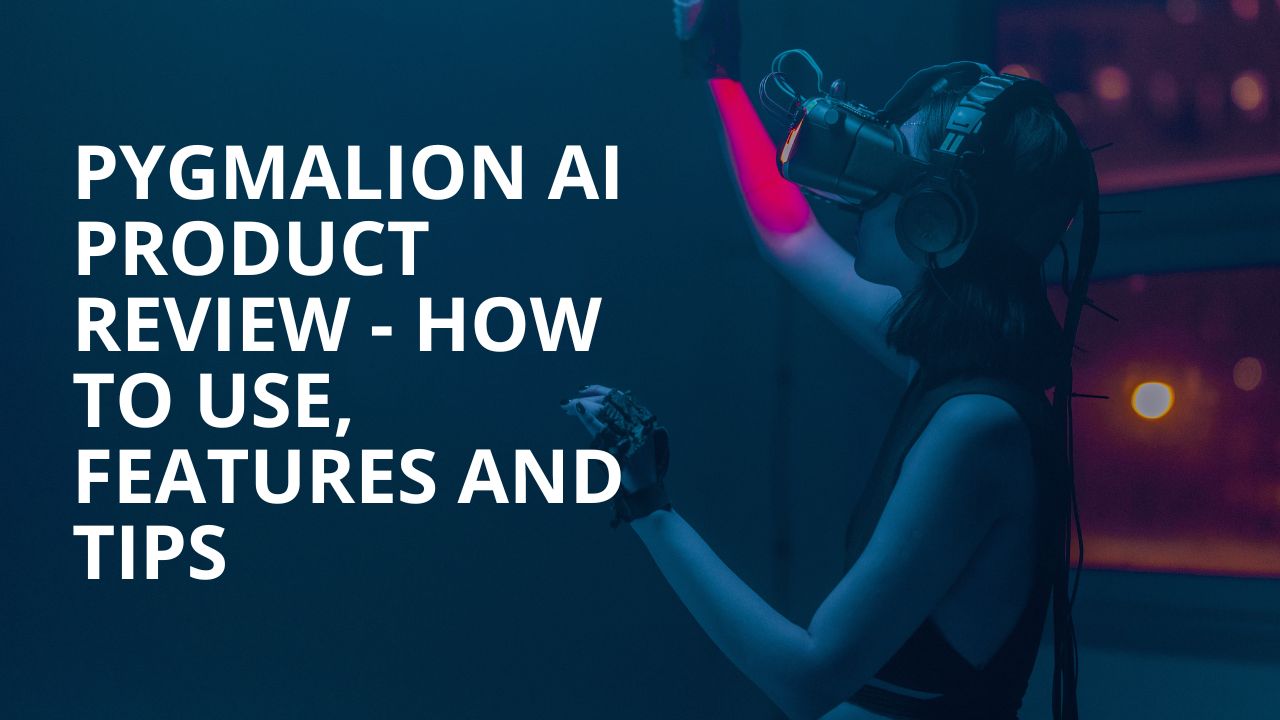In an era characterized by rapid technological advancements and a fiercely competitive job market, organizations are increasingly turning to artificial intelligence to gain a competitive edge in finding and hiring top talent. AI is not merely a tool but a strategic partner that empowers recruiters and HR professionals to streamline processes, identify the best candidates, and make data-driven decisions.
This article explores the profound impact of AI in reshaping the landscape of talent acquisition, promising greater efficiency, precision, and a brighter future for businesses seeking to build high-performing teams.
The Current Challenges in Executive Search
Executive search is critical for organizations seeking to secure top-tier leadership talent. However, it has its challenges.
Traditional Methods vs. Modern Needs
Traditional executive search methods, reliant on manual processes and limited data, often need to be equipped to meet the demands of the modern business landscape. The disconnect between these time-honored practices and the evolving requirements of today’s organizations poses a significant challenge.
Time and Resource Constraints
The quest for executive talent is time-sensitive, and the resources required to conduct thorough searches can be substantial. Organizations face the challenge of balancing the urgency of filling leadership roles with the need to allocate resources efficiently.
The Need for Precision in C-Suite Recruitment
Selecting C-suite executives demands precision and accuracy that go beyond standard hiring practices. The consequences of a poor executive hire can be particularly costly, necessitating a heightened focus on finding candidates who possess the requisite skills and align with the company’s strategic vision and culture.
What is AI for Executive Search?
AI for executive search refers to the strategic use of artificial intelligence technologies in recruiting top-tier leadership positions. This powerful tool is used to streamline candidate sourcing, improve match accuracy, and enhance decision-making. AI-driven executive search not only saves time but also elevates the quality of talent acquisition, making it an essential asset for organizations seeking to identify and secure top executive talent efficiently.
Key Technologies in AI Executive Search
Key AI technologies are pivotal in reshaping the landscape of executive recruitment, enabling organizations to find and hire top-tier leadership talent more efficiently and intelligently. Here are the essential AI technologies in executive search.
Natural Language Processing (NLP)
NLP is a branch of AI that focuses on enabling computers to understand, interpret, and generate human language. In executive search, NLP analyzes and extracts valuable insights from textual data, including resumes, job descriptions, and communication between candidates and recruiters. NLP-powered tools can identify relevant skills, experience, and qualifications in resumes, assess candidate communication skills, and even detect sentiment to gauge a candidate’s enthusiasm or suitability for a role.
Machine Learning Algorithms
Machine learning algorithms are at the core of AI executive search. These algorithms can process vast amounts of data to identify patterns, trends, and relationships. In recruitment, machine learning is used to develop predictive models that help match candidates with job requirements more accurately. These algorithms continuously learn from data, improving their ability to recommend the most suitable candidates over time.
Predictive Analytics
Predictive analytics leverages historical and real-time data to make forecasts and predictions about future outcomes. In executive search, predictive analytics can assess the likelihood of a candidate’s success in a specific leadership role based on factors such as their past performance, skills, and alignment with organizational culture. This technology assists organizations in making informed hiring decisions and reducing the risk associated with executive hires.
The Benefits of AI-Driven Executive Recruitment
AI executive search offers many benefits that reshape how organizations find and hire top-tier leadership talent.
- Enhanced Efficiency: AI streamlines the initial stages of candidate screening and sourcing, significantly reducing the time and effort required to identify potential executive candidates. This efficiency allows recruiters to focus more on strategic tasks and relationship-building.
- Improved Candidate Matches: AI algorithms analyze vast datasets, enabling them to identify candidates with the closest alignment to job requirements. This results in a higher quality pool of candidates, increasing the likelihood of finding the right fit for executive positions.
- Data-Driven Decision-Making: AI gives recruiters and hiring managers data-driven insights into candidates’ qualifications, potential, and cultural fit. This empowers organizations to make more informed hiring decisions, reducing the risk of costly executive hiring mistakes.
- Passive Candidate Engagement: AI tools can identify and engage with passive candidates who may not actively seek new opportunities but possess the skills and experience necessary for executive roles. This widens the talent pool and introduces new prospects to the organization.
- Reduced Bias and Enhanced Diversity: AI can help mitigate unconscious bias in the recruitment process by focusing solely on qualifications and eliminating demographic information during the initial screening. This promotes diversity and inclusion in executive hiring.
- Cost Savings: While there may be an initial investment in AI technology, the long-term benefits include cost savings through reduced time-to-hire, fewer recruitment errors, and improved employee retention among executive hires.
- Talent Pipeline Management: AI can help organizations build and manage talent pipelines for future executive needs, ensuring a steady supply of qualified candidates when leadership positions become available.
- Scalability: AI-driven solutions can scale to handle large volumes of candidates and job openings simultaneously, making them suitable for organizations of all sizes and industries.
- Continuous Learning: AI algorithms can learn from their interactions and improve over time, making candidate selection and matching more effective as they accumulate data and feedback.
- Enhanced Candidate Experience: AI can personalize the candidate experience by tailoring job recommendations and communication, providing a more engaging and positive interaction for potential executives.
How AI Streamlines the Executive Search Process
Artificial intelligence is revolutionizing the executive search process, offering unprecedented efficiency and precision. Let’s explore how AI-driven tools and technologies streamline every stage of executive recruitment, from initial candidate discovery to final selection.
Resume Screening and Candidate Matching
AI-powered algorithms can analyze resumes and job descriptions to identify the most relevant candidates for a particular executive role. These algorithms consider keywords, contextual information, skills, experience, and qualifications, enabling more accurate and efficient candidate screening.
Passive Candidate Sourcing
AI can help identify and engage with passive candidates who may not be actively looking for new opportunities but could be a perfect fit for an executive position. It analyzes online profiles, social media activity, and other data sources to identify potential candidates.
Behavioral Assessment and Cultural Fit
AI can assess a candidate’s fit with the company’s culture and values by analyzing their online presence, communication style, and responses to interview questions. This helps ensure the candidate possesses the required skills and aligns with the organization’s culture.
Predictive Analytics
By leveraging historical and real-time data, predictive analytics models assess a candidate’s potential performance in a specific executive role. To make informed predictions, these models consider past job performance, skills, experience, and cultural alignment. This can help organizations make more informed hiring decisions and reduce the risk of hiring the wrong candidate.
Interview and Assessment Automation
AI simplifies the scheduling process by coordinating interview slots, sending reminders, and accommodating different time zones, ensuring a seamless experience for candidates and interviewers. It also analyzes video interviews, focusing on the content and non-verbal cues such as facial expressions, tone of voice, and body language.
Talent Pipeline Management
AI-driven tools facilitate ongoing communication with potential candidates, keeping them engaged and informed about relevant opportunities within the organization. It also automates communication with potential candidates, sending personalized messages, job alerts, and updates, ensuring seamless and efficient engagement.
Diversity and Inclusion
AI-driven tools can identify and mitigate unconscious bias in hiring by removing demographic information from resumes during initial screening. These tools can analyze job descriptions and identify biased language that may deter certain demographic groups from applying.
Customization and Personalization
AI analyzes candidate profiles, skills, and preferences to provide personalized job recommendations. It can customize the content candidates see during the application process. For instance, candidates may see job descriptions, company culture information, or benefits most relevant to their background and interests.
Data Analysis and Reporting
AI facilitates data analysis and reporting in executive search, providing organizations with insights into recruitment effectiveness, candidate performance, and pipeline health. It tracks diverse metrics, monitors performance metrics, and generates predictive insights to inform hiring decisions. Additionally, it aids in evaluating ROI and optimizing recruitment strategies, ultimately enhancing the ability to identify and secure top executive talent.
Market Research and Competitive Analysis
AI gathers and analyzes data on hiring trends, competitors’ talent acquisition strategies, and industry-specific demands. This information enables organizations to stay ahead of the curve, identify emerging talent pools, and fine-tune their AI executive recruitment strategies to remain competitive in the ever-evolving talent acquisition landscape.
Onboarding and Retention
AI’s influence extends beyond recruitment into the critical phases of onboarding and retention for executive hires. By analyzing data on onboarding processes and employee engagement, AI can offer insights into effectively integrating new executives into the organization and supporting their ongoing development. This technology helps organizations foster a positive experience for new leaders, ultimately enhancing their retention and long-term success within the company.
Can Artificial Intelligence Replace the Human Recruiter?
While AI has made significant strides in automating various aspects of the recruitment process, it is likely to replace the human recruiter partially.
AI for executive search excels in tasks like resume screening, initial candidate matching, and data analysis, which can save time and improve efficiency. However, the recruitment process also involves nuanced aspects such as assessing cultural fit, evaluating soft skills, and building rapport with candidates – areas where human recruiters excel.
The synergy between AI and human recruiters is likely the most effective approach, combining the best of both worlds to achieve optimal results in the recruitment process.











